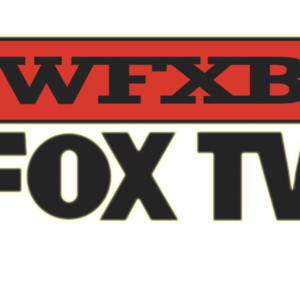Snack and beverage company PepsiCo has announced it will increase the amount of chips it puts in bags. This comes after the company faced accusations of “shrinkflation.”
During a recent earnings call, the company announced its plans to add 20% more chips to certain bags of Tostitos and Ruffles. PepsiCo is the maker of both brands and others. The company also stated it would also include two additional small chip bags in some of its variety packs — without raising the current prices.
This decision comes after increased public backlash and scrutiny from lawmakers. U.S. Sen. Elizabeth Warren, D-Mass., and U.S. Rep. Madeleine Dean, D-Pa., recently addressed “shrinkflation” in a letter. The lawmakers accused PepsiCo and other companies of the practice. President Joe Biden also called out companies in a video posted before February’s Super Bowl.
Internationally, the issue reached France earlier this year when supermarket chain Carrefour pulled PepsiCo products from its shelves, citing their high prices relative to their size.
However, this isn’t a new phenomenon. In 2021, consumer protection lawyer Edgar Dworsky, who runs Mouseprint.org, found that Tostitos and Ruffles bags had shrunk by as much as two ounces, with no corresponding price reduction.
A New York Times analysis discovered that Lay’s bags began carrying five fewer chips, saving PepsiCo $50 million annually.
While PepsiCo described its latest move as a “bonus bag,” Dworsky pointed out that it is only a temporary promotion. He emphasized that the overall downsizing of products without a price cut remains unaddressed.
A recent Morning Consult survey revealed that nearly half of respondents had switched brands after noticing “shrinkflation,” and about 30% said they stopped buying certain brands altogether.
Dworsky advises consumers to pay attention to the price per unit to avoid falling victim and suggests considering generic or store brands, which tend to resist the practice longer



